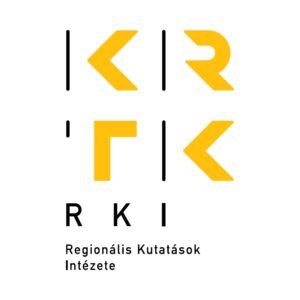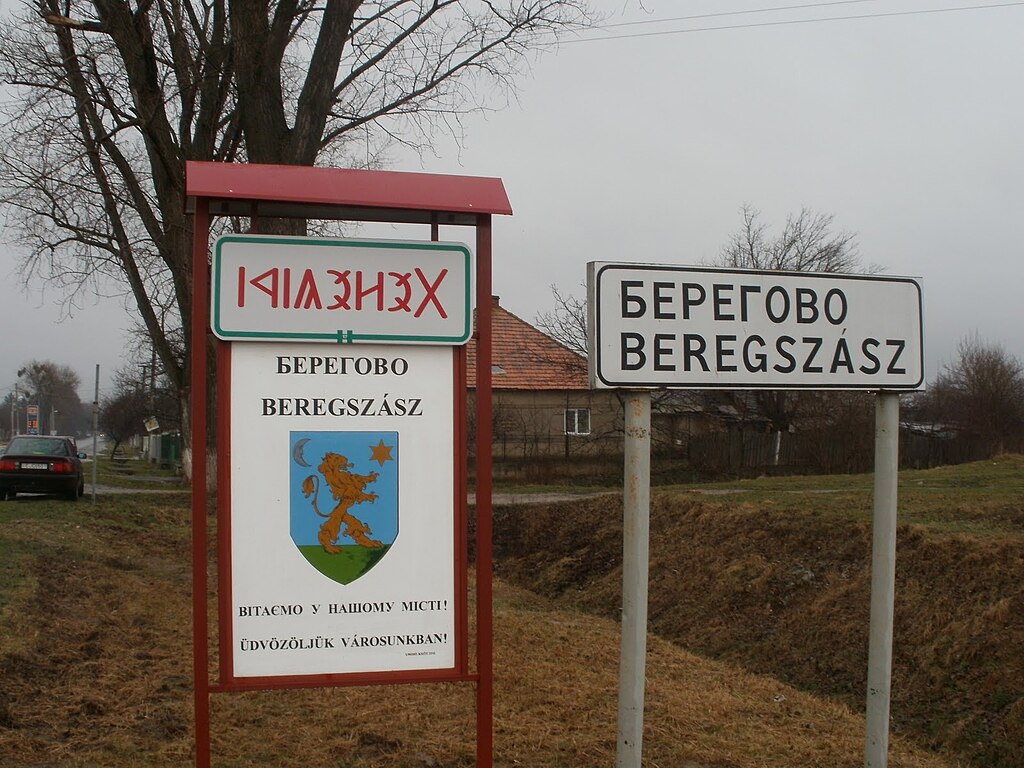Russia’s invasion of Ukraine has brought increased attention also to the ethnic Hungarian minority in Ukraine’s Transcarpathia region. Though small in number, this community has become a focal point of tension, with many in Ukraine increasingly viewing it as a security risk. Péter Balogh and Katalin Kovály’s study on the securitization of this minority highlights how a combination of Hungary’s kin-state aid, Ukraine’s language policies, and external influences particularly from Russia, has intensified concerns about the community’s visibility, political autonomy, and allegiance. This process reflects deeper, unresolved dynamics in Ukraine’s national identity and challenges to regional stability.
Kin-State Politics and the Salience of the Hungarian Minority
Hungary has over the past decade provided cultural and financial support to ethnic Hungarian communities across its borders through a series of programs and policies. This kin-state aid, coupled with Hungary’s simplified dual citizenship laws, has strengthened local Hungarian institutions in Ukraine. According to Balogh and Kovály’s research, these measures have empowered the minority, giving it a disproportionate visibility in Transcarpathia relative to its small population size. In Transcarpathia, a region with a high level of Hungarian-linked infrastructure and organizations, this visibility has bolstered a sense of collective identity among the local Hungarian population. From kindergartens to Hungarian cultural centres, these institutions are funded by Hungary to preserve Hungarian language, education, and identity – a move aimed at preventing the emigration of ethnic Hungarians to Hungary.
However, Hungary’s kin-state support comes with consequences. These efforts are viewed with suspicion in Ukraine, which is grappling with a large-scale war with Russia. The potential for these initiatives to inadvertently sow separatist aspirations in Ukraine’s western borderlands has led Ukrainian authorities to increasingly view the Hungarian minority as a potential security risk. This fear intensified when videos surfaced in 2018 showing Hungary’s consul in Berehove, a Transcarpathian town, advising newly-naturalized Hungarians to conceal their dual citizenship – an incident that led to his expulsion from Ukraine.
Furthermore, dual citizenship brings with it access to the European Union (EU), leading to concern over a “passportization” effect, where citizens might increasingly align themselves with Hungary or consider emigrating entirely. Many Ukrainians view this kin-state relationship as problematic in light of the ongoing conflict with Russia, especially as Hungary has been hesitant to sever ties with Moscow. This adds to a growing sense among Ukrainians that their territorial integrity could be at risk, prompting calls within Ukraine to address the situation more assertively.
Language Laws and Cultural Tensions
Another factor contributing to the securitization of the Hungarian minority is Ukraine’s evolving language policy. In 2017, Ukraine introduced an education law requiring that Ukrainian be the primary language of instruction in state schools, which has had significant implications for ethnic minorities, including Hungarians who have traditionally relied on Hungarian as the medium of education. This policy is seen by Kyiv as essential to promoting national unity and social cohesion, particularly in a time of conflict. Yet, it has been met with considerable opposition from ethnic Hungarian leaders who view the language law as an attempt to undermine their cultural identity. For many ethnic Hungarians in Transcarpathia Hungarian remains their primary language, and the sudden push toward Ukrainian education threatens their children’s access to learning in their mother tongue.
At the same time, Ukrainian authorities defend the language policy as necessary for social integration, noting that many young Hungarians in Transcarpathia graduate with limited Ukrainian proficiency which hinders their social mobility and ability to work within Ukraine. Critics argue that the language law, while well-intentioned, risks alienating ethnic minorities who may feel pressured to leave Ukraine entirely. An ethnic Hungarian church representative interviewed by Balogh and Kovály mentioned that families are now increasingly considering relocating their children’s education to Hungary, suggesting the policy could drive migration rather than integration. Balancing the rights of ethnic minorities with the need for national cohesion remains a critical challenge for Ukraine, especially given its current national security concerns.
Russia’s Influence and the ‘Separatist’ Narrative
The ongoing war with Russia has cast a shadow over the Ukrainian-Hungarian relationship, fuelling suspicion that Transcarpathia’s ethnic Hungarians may harbour secessionist aspirations. This concern is partly influenced by Hungary’s diplomatic stance, which, while formally still supportive of Ukraine’s territorial integrity, has been ambiguous due to Hungary’s close relations with Moscow. For Ukrainian officials, this ambiguity raises fears that Hungary’s involvement in Transcarpathia could create conditions similar to those that preceded Russia’s annexation of Crimea in 2014.
Indeed, Ukraine has accused external actors – particularly Russia – of instigating tension between ethnic Hungarians and Ukrainians in Transcarpathia, using media narratives to exaggerate or fabricate allegations of separatism. As Balogh and Kovály explain, pro-Russian actors have reportedly staged events to stoke these fears, such as the 2018 arson attacks on the offices of the Cultural Alliance of Hungarians in Transcarpathia (KMKSZ), largely orchestrated by Russian-affiliated agents to destabilize the region. The fear that Russia could exploit internal divides to weaken Ukraine from within has been further amplified by incidents in which pro-Russian Polish nationals were caught inciting violence against ethnic Hungarians, adding fuel to the narrative of foreign interference.
For Transcarpathia’s ethnic Hungarian community, this narrative has created a precarious situation. The vast majority of them are neither separatist nor interested in stirring interethnic conflict, yet they find themselves under increased scrutiny from Ukraine’s state security services. Allegations of separatism have led to a clampdown on ethnic Hungarian organizations in Ukraine, with several local leaders interrogated by Ukrainian intelligence services. Interviews with Hungarian locals revealed that the accusations feel misplaced and exacerbate distrust, as they view the Hungarian passport more as a tool for economic opportunity within the EU than as a means to alter national borders.
Implications for Ethnic Relations in Eastern Europe
The securitization of the Hungarian minority in Ukraine underscores the complexity of managing ethnic minority relations during times of geopolitical conflict. Ukraine’s approach reflects the difficult balance between asserting its sovereignty and addressing the legitimate cultural needs of its ethnic minorities. For Hungary, the situation in Transcarpathia provides a sensitive issue that intertwines with its own national identity politics and historical legacies. Both countries face challenges in navigating this complex terrain, where national security considerations intersect with cultural preservation and regional stability.
This case study provides broader lessons about the tensions inherent in kin-state politics and minority relations, particularly in Eastern Europe where national boundaries have historically been fluid. It raises questions about the limits of kin-state support and the role of nation-building policies in diverse, multicultural societies. For Ukraine, a more nuanced approach to minority rights, alongside stronger communication channels with Hungary, could help defuse some of these tensions. Conversely, Hungary may need to consider how its kin-state politics affects perceptions of loyalty and national identity in neighbouring states, particularly in a region as politically volatile as Eastern Europe. Ultimately, finding a balanced, mutually respectful approach will be crucial to ensuring the rights of ethnic minorities are safeguarded without compromising the sovereignty and stability of their host states.
Balogh P, Kovály K. Small but Salient: The Securitization of Ukraine’s Ethnic Hungarian Minority. Nationalities Papers. Published online 2024:1-24. doi:10.1017/nps.2024.51
photo source: https://hu.wikipedia.org/wiki/Beregszász



